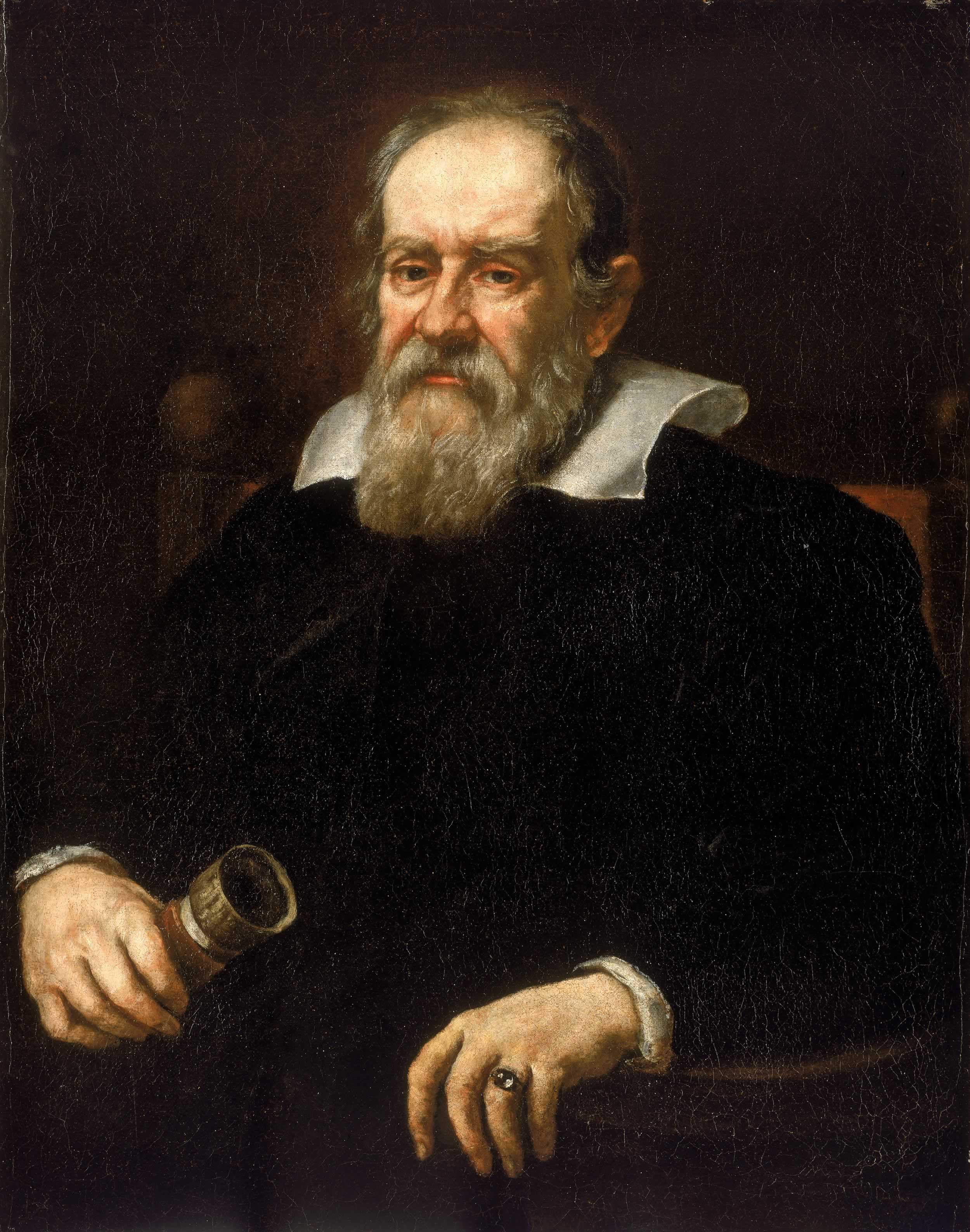Post Author: Bill Pratt
 The Galileo affair has often been put to work to demonstrate that religion has always been at war with science. But what really happened to Galileo? Does what happened to him prove that religion – Christianity in particular – has always been in conflict with science?
The Galileo affair has often been put to work to demonstrate that religion has always been at war with science. But what really happened to Galileo? Does what happened to him prove that religion – Christianity in particular – has always been in conflict with science?
Philosopher John Lennox thinks not; he provides some unique insight in his book God’s Undertaker. The story of Galileo is not nearly as simple as many people think.
First, Lennox notes that Galileo believed in God. According to Lennox, “Galileo was a firm believer in God and the Bible, and remained so all of his life. He held that ‘the laws of nature are written by the hand of God in the language of mathematics’ and that the ‘human mind is a work of God and one of the most excellent.'”
Galileo, Lennox notes, was initially endorsed by the Jesuit educational institution, the Collegio Romano. So where did his opposition first originate? Galileo himself claimed “that it was the academic professors who were so opposed to him that they were trying to influence the church authorities to speak out against him.” Lennox explains that the secular philosophers of the day were incensed by Galileo. Why? Galileo’s science was threatening the Aristotelian scientific paradigm that dominated the academic institutions.
Aristotle’s astronomical speculations were left in “tatters’ by Galileo’s telescope and the academic elite of the time would not have it. Therefore, there was increasing pressure put on the church to quiet Galileo since the church also supported the Aristotelian scientific program.
Lennox comments additionally that Galileo “developed an unhelpfully short-sighted habit of denouncing in vitriolic terms those who disagreed with him.” A good example would be when Galileo mocked Pope Urban VIII (an erstwhile supporter and friend of Galileo) in his Dialogue Concerning the Two Principal Systems of the World by placing the Pope’s words in the mouth of a dull-witted character in the book.
Galileo was, finally, placed under house arrest, mostly in “luxurious private residences belonging to friends,” by the Roman Catholic Church. Lennox points out that Galileo was never tortured, contrary to popular belief.
So, does the story of Galileo prove that Christianity is opposed to science? Obviously not. Instead it proves that scientists who challenge the scientific majority of their day may face serious censure. Lennox concludes, “What is clear, in Galileo’s time and ours, is that criticism of a reigning scientific paradigm is fraught with risk, no matter who is engaged in it. We conclude that the ‘Galileo affair’ really does nothing to confirm a simplistic conflict view of the relationship of science to religion.”